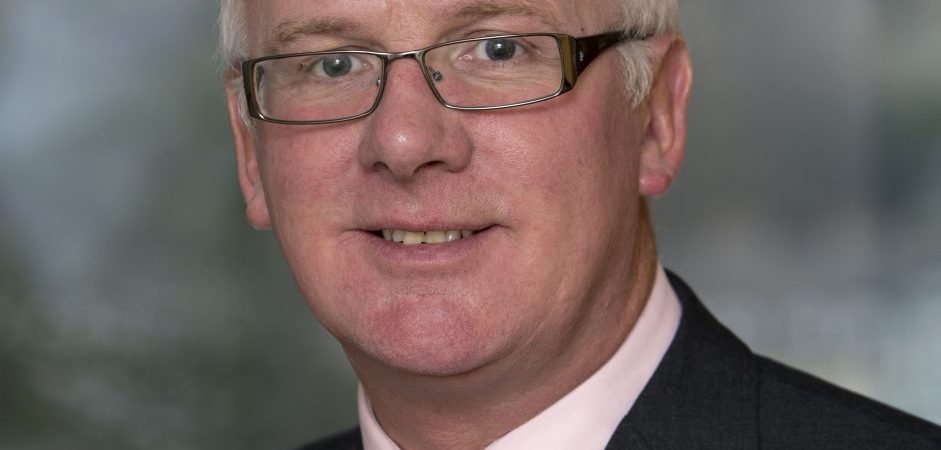
In conversation with Professor Alan Lowdon: Looking Out for Services Innovation
Innovation is a multi-faceted beast. It creeps up on you and takes you by surprise at times.
Take for example, ‘services innovation’, which is something I have started to look out for on my travels. Consuming a service is an interesting concept as it can be very intangible and very emotional at the same time, especially when it goes wrong. So, when someone or an organisation does something different to enhance the customer experience, it tends to stand out. This is especially the case in the biggest and most expensive service that I personally consume – air travel. I travel to the US very frequently and have stood by BA for all of my 25 years of business travelling, only occasionally taking in another carrier out of either necessity (if a route is not covered) or idle curiosity in the case of new entrants.
In the early 2000’s, BA was generally accepted as the world’s most innovative airline as it pioneered ‘flat-bed’ business class seats and introduced ‘premium economy’ to provide the affordable link between economy and business class travel. These physical manifestations of innovation were also met by an equivalent approach to customer service. Nothing lasts forever and from the late 2000’s to the mid 2010’s BA saw its ground gobbled up by Gulf-based and SE Asia-based airlines able to compete on price and, increasingly, service.
Coupled with restructuring issues driven by a merger, the airline dropped down the services league table. However, I stuck with it and it is small-scale, high-impact services innovation which is gradually turning things around and which is extremely gratifying to see. A couple of linked examples:
1. The daily 20:00 flight from Boston (BOS) to Heathrow (LHR) is a favourite of mine which used to be classed as a standard service but which has now been re-classified as a ‘sleeper service’ and which offers customers the opportunity of dining before boarding in order to maximise sleeping time on the 6-hour duration flight. Sleep, on a route this short with a 5-hour time difference, is important to customers.
2. The above is further reinforced by example two which is a card one completes to say what type of ‘awakening’ one wishes to experience – 1 hr 15 mins for the full breakfast service, 50 minutes for a cup of tea or coffee only or 40 minutes for nothing – the minimum – before landing. For many, the 35 minutes difference is worth sacrificing breakfast and a cuppa.
These changes may seem simple but they are ones which have met with significant approval from customers who recognise that BA has identified the fact that a trans-Atlantic flight of 6 hours is far from ideal sleep-wise, and has re-orientated its service model to suit. The company has identified a ‘pain’ point and done something to alleviate it. This is clearly small-scale innovation with maximum impact, enhancing customer service in the process. Maybe BA is starting to rise up the ranks of services innovation again? I hope so as it is a great company. Maybe the title of, ‘the world’s favourite airline’ is just around the corner? Again, I hope so.
I’ve ticked my 50 minutes box and I’m closing down for the night – as short as it is – on tonight’s BA 202 ‘pond hopper’ from BOS to LHR then onwards to NCL! Good night and I hope my bag makes it!
